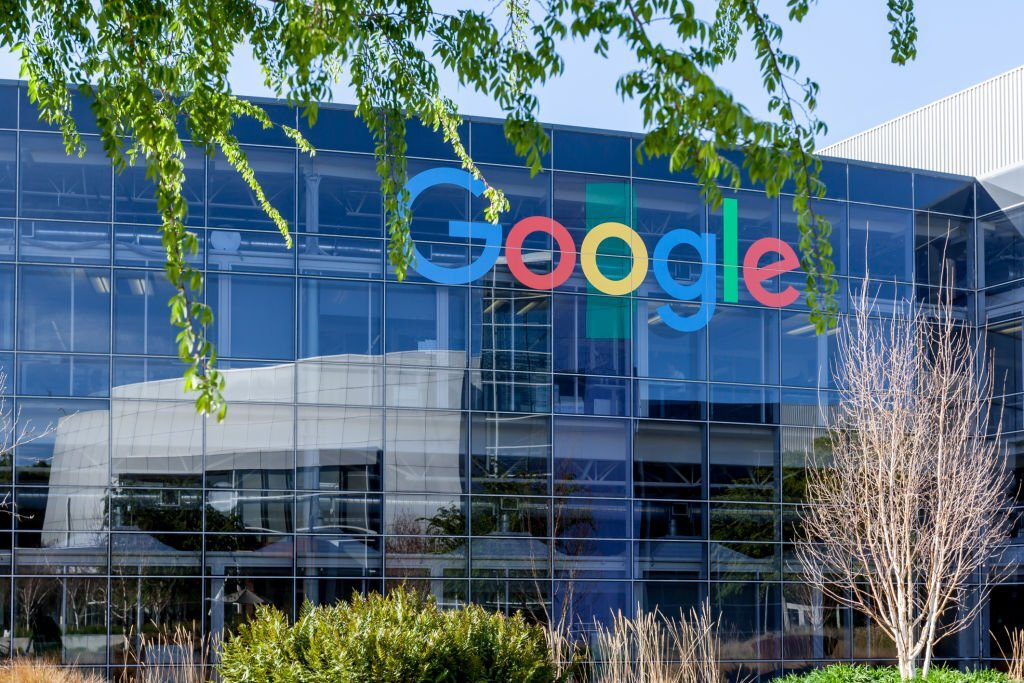
Since the beginning of 2023, OpenAI’s ChatGPT has been making headlines for mostly good reasons. There’s no denying that Artificial Intelligence will be used in various aspects of our day-to-day life in the upcoming years.
But this immense popularity of AI tools, especially ChatGPT, has raised questions on the future of the widely popular search engine – Google. Now tech enthusiasts are wondering, is ChatGPT a threat to Google? And will ChatGPT kill Google for good?
Being a tech enthusiast myself, I’ve also been analyzing the popularity of this tool. This video by René Sellmann caught my attention since the video creator has shared some great insights.
Table of Contents
ToggleGoogle’s Dominance as a Search Engine
Google LLC is a subsidiary of Alphabet Inc. that took the digital world by storm in 1998. The company’s biggest competitor in the early 21st century was Yahoo! After a decade-long rivalry, Yahoo ultimately lost to its younger competitor.
For around two decades, Google has successfully retained its dominance as the most popular search engine. But now people are thinking whether Google’s reign is about to come to an end due to the launch of the ChatGPT tool.
Google generated $147 billion in revenue from search ads in 2020. This was 80% of Google’s total revenue.
Further, the search engine processes around 99,000 search queries per second and 85.5 billion per day. This represents a 91.9% market share of all internet searches.

But this dominance of Google is possibly about to be disrupted by new technology. Modern AI tools can read, summarize, and translate text. Also, they can generate sentences quite similar to how humans talk and write. So, chatbots like OpenAI’s ChatGPT might represent a real threat to Google Search.
So, will ChatGPT kill Google? And do you think Google should worry about its future? Let’s look into some facts.
What is ChatGPT?
Before we explore the potential threats to Google, it’s important to know what ChatGPT is.
Based on machine learning, OpenAI developed an interface that works like a search engine. But it’s more advanced in terms of generating AI-based search results.
The tool has access to historical data and can answer questions from users. For instance, you may ask it, “Create a 4-day travel plan to Paris for me. I love French food, do sight-seeing and want to stay in a four-star hotel.”

See how the app has provided a list of places you can visit and activities you can enjoy. And these suggestions cater to your specific requirements. Also, it didn’t take ChatGPT longer than 5 seconds to generate this result.
You can’t achieve this customization with Google yet.
I agree there are limitations to this tool. So far, its knowledge cutoff is 2021 and it can’t access data after 2021. Yes, the developers will keep updating the data. But it will still be slower than Google. Also, the generated results aren’t always accurate, especially for STEM topics.
Aside from ChatGPT, Microsoft can also attempt to dethrone Google. Bing search engine has already started using AI technology. Now the tech giant has announced its future plans to develop a super app just like China’s WeChat. It may combine online shopping, messaging, web search, newsfeed, and other services in a single app.
What’s the Future of Search Engine Technology?
ChatGPT’s access to data is limited. Google, on the other hand, has an unmatched data inventory. So, it can lead the market by quickly working on its AI tool. This access to almost unlimited data can prove to be a competitive advantage for Google.
Monetization of ads is another competitive advantage for Google so far. The search engine makes money primarily through advertising, and more specifically, performance-based advertising. Businesses pay Google to display ads on a pay-per-click basis. This means they only pay Google when someone clicks the ad.

ChatGPT doesn’t have a similar monetization plan so far. So, it can affect its long-term sustenance and growth.
ChatGPT’s results don’t include links. The chatbot answers the question through text. So, it saves time for users since they can find answers without having to visit other websites through links. But due to the absence of the ability to add links, it can’t monetize results. Until this dilemma is addressed, Google’s future is quite safe.
So, what’s your opinion on the hot topic? We’d love to hear your thoughts. Feel free to share your analysis of ChatGPT’s potential impacts on the future of the Google search engine in the comments section below.
